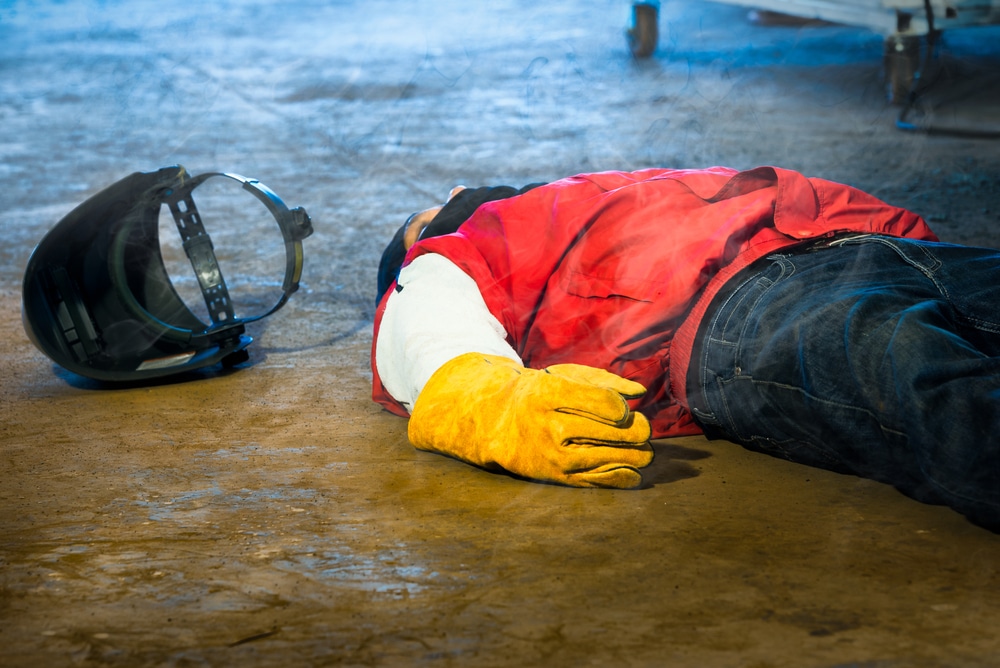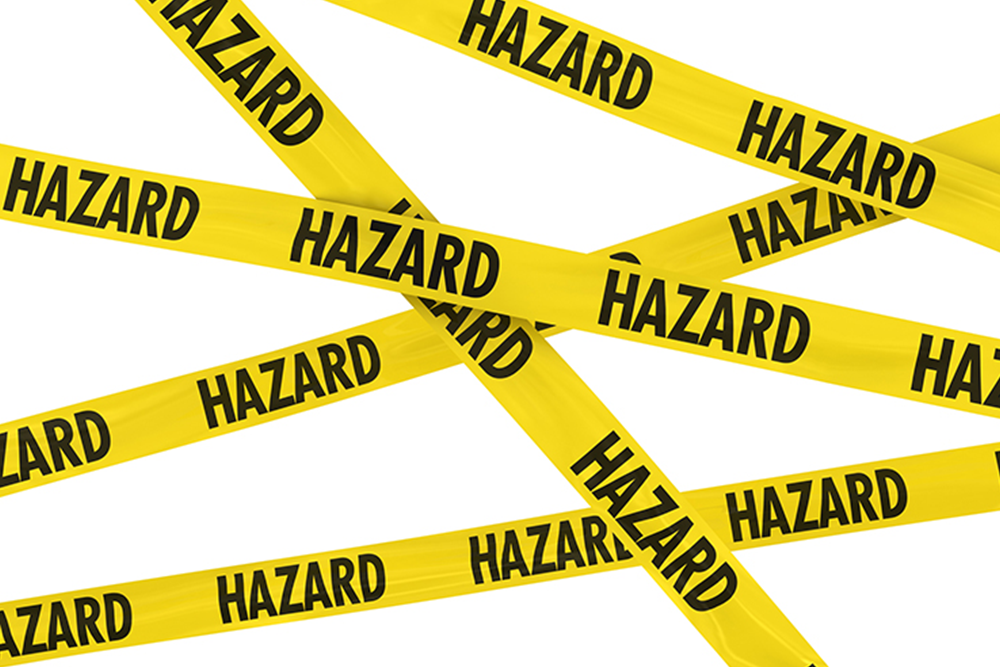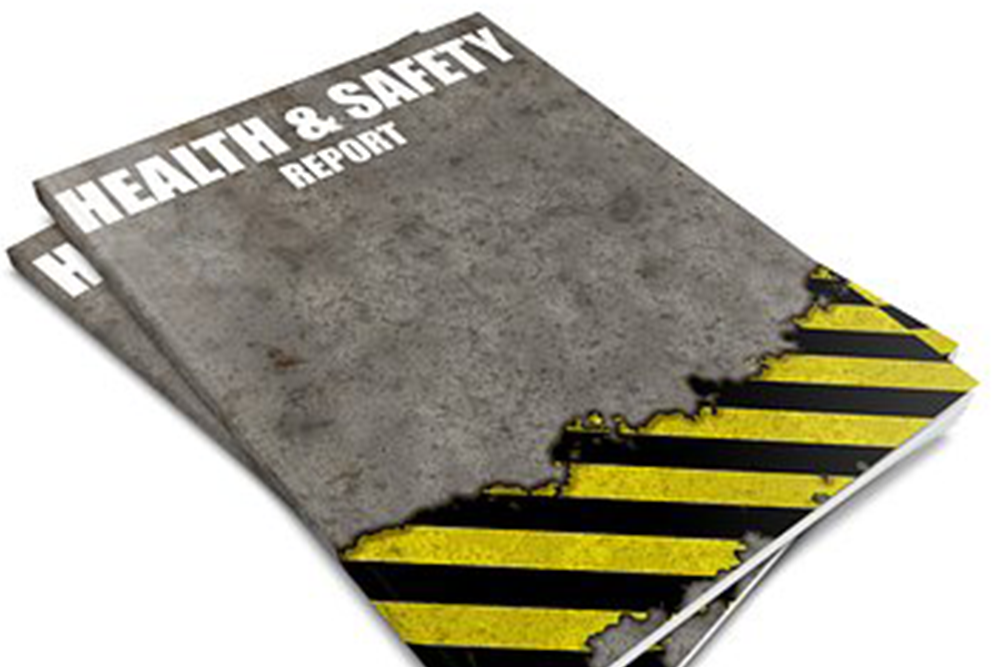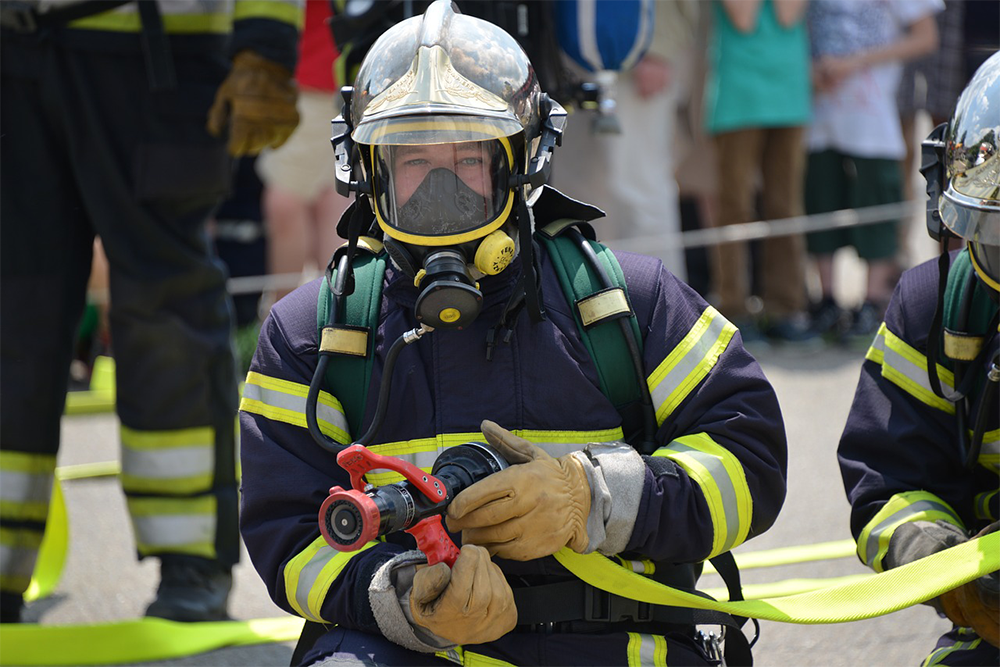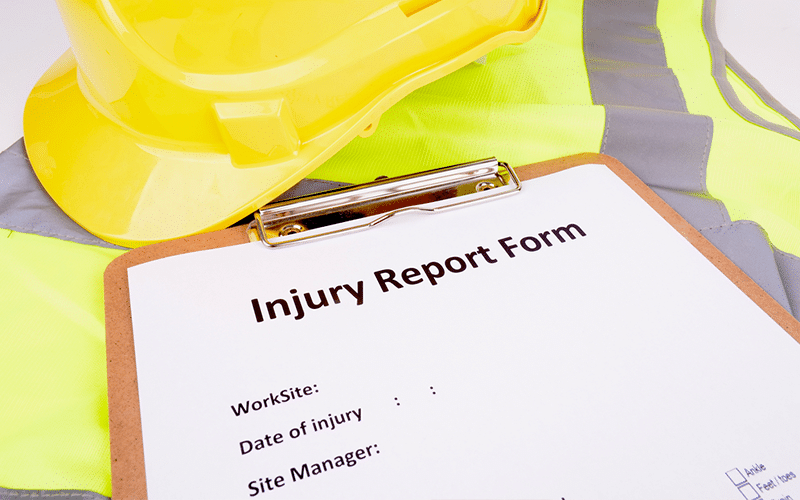Following an incident where a van exploded the HSE have issued a safety alert regarding mobile oven cleaning services. Typically, these services involve a van equipped with a dip tank to soak oven parts in hot cleaning solution at the customer’s property. This is generally heated either electrically or using a gas burner connected to a liquid petroleum gas (LPG) … Read More
ENFORCEMENT ACTION FALLS IN 2018/19
The latest figures issued by the Health and Safety Executive (HSE) show a fall in the number of prosecutions and notices issued for breaches of health and safety regulations in 2018/19. The HSE and local authorities can issue both improvement and prohibition notices. In the last year 11,040 notices were issued this represents a 4% decrease on the previous year. … Read More
SLIPS, TRIPS AND FALLS STILL TOPPING THE CHARTS
The latest statistics from the HSE show the most common cause of non-fatal injury in the workplace was slips, trips and falls at the same level accounting for around 29% of injuries. So, what can you do to protect your workforce from becoming a statistic? Not surprisingly the precise answer will depend on your workplace and the hazards that exist … Read More
MIXED PICTURE FOR HEALTH & SAFETY IN NORTHERN IRELAND
The Health and Safety Executive for Northern Ireland (HSENI) recently published their latest annual report. Some significant headlines for the period 2018/19 include: A small increase in the number of reportable injuries to 1,906 from 1,898 the previous year. Despite the overall increase in the number of injuries the number of major injuries fell by over a quarter from 453 … Read More
KEEPING YOUR HEAD ABOVE WATER: HOW WOULD YOU RESPOND IN A FLOOD
Recent bad weather has seen flooding in a number of areas bringing with it various risks such as drowning, structures and trees collapsing, mudslides, pedestrians and vehicles being swept away by flood water, etc. While certain risks may be reduced when the water recedes others remain, if your workplace is affected by flooding it is important that any recovery and … Read More
DON’T BE A PAIN IN THE NECK – GET THE CONVERSATION STARTED
The term musculoskeletal disorders (MSDs) is used to cover injury, damage or other disorders affecting the joints or other tissues in the limbs and back Work related musculoskeletal disorders are a significant problem. Figures from the HSE show that 469,000 workers were suffering from work-related MSDs (new or longstanding) in 2017/18 leading to a total of 6.6 million working days … Read More
IS YOUR EMPLOYEE’S HEALTH YOUR BUSINESS?
It is estimated that around 12.7 million working-age people in the UK have a long-term health condition including around 7.6 million disabled people. In a typical year, around 1.4 million working-age people have at least one sickness absence lasting four weeks or longer, while most people successfully return to work after a period of long-term sickness absence, disabled people are … Read More
LOOK OUT, LOOK UP CAMPAIGN LAUNCHED
Overhead powerlines are often uninsulated and may be carrying electricity at voltages up to 400kV, if a conductive item such as a scaffold pole, machine arm, ladder etc touches a powerline electricity will be conducted through it to earth. Anyone touching the item is at risk of receiving a serious or even fatal electric shock. It is not always necessary … Read More
The Health and Safety Executive issue electrical safety alert following fire
The HSE have issued a safety alert concerning high capacity electrical capacitors in industrial equipment. The alert follows investigations into a fire in 2018 that occurred in an industrial uninterruptable power supply system manufactured by Vertiv Infrastructure (previously known as Emerson / Chloride). The cause of the fire was traced to the dangerous failure of an ICAR branded capacitor. industrial … Read More
147 WORKERS FATALLY INJURED
The latest statistics just released by the HSE show that in the year 2018 to 2019 147 workers were killed as a result of accidents at work. The most common cause of fatal injury was falls from height accounting for 410 deaths, being struck by a moving vehicle resulted in 30 fatalities. Other common types of fatal accident included struck … Read More

